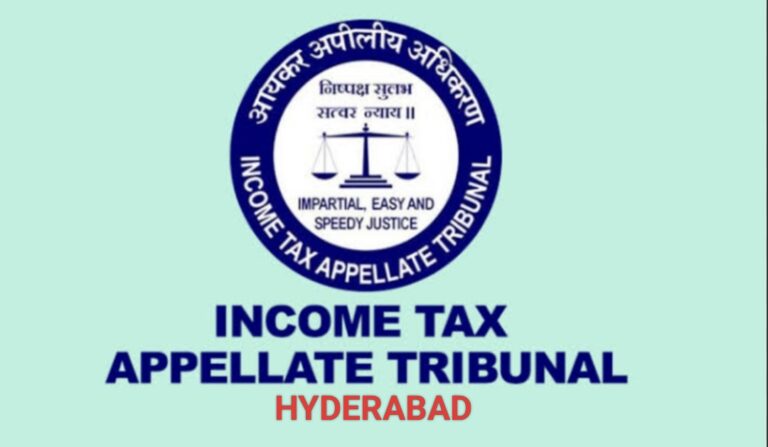A charitable trust filed its return of income claiming exemption under Sections 11 and 12 of the Income-tax Act, 1961. The Assessing Officer (AO) denied the exemption on the technical ground that the trust’s audit report in Form 10B was not submitted along with the Income-tax Return (ITR).
Although the trust had obtained the audit report and made it available on the portal, the CPC (Centralized Processing Centre) processed the return before formally linking it to the ITR. The AO thus treated the return as defective and disallowed the exemption.
The assessee took the matter to the Income-tax Appellate Tribunal (ITAT), Hyderabad Bench, contending that the audit report was in fact uploaded and available to the CPC when the return was processed.
⚖️ Issue Before the Tribunal
Can exemption under Sections 11 and 12 be denied merely because the audit report in Form 10B was not physically attached to the return, even though it was available to the CPC during ITR processing?
💬 Tribunal’s Observation
The ITAT observed that the requirement of furnishing the audit report “along with” the return of income is procedural, not mandatory in nature. What truly matters is whether the audit report was available for verification at the time of processing the return.
Since the assessee had duly obtained the audit report and it was accessible on the system when the return was processed, the Tribunal held that the Revenue’s denial of exemption was unjustified.
The Bench emphasised that the purpose of the audit report is to ensure the genuineness of charitable activities and compliance with statutory norms — not to create a procedural roadblock. Denying the benefit merely on a technical lapse would defeat the objective of Section 11 and 12, which aim to promote charitable work.
🧾 Ruling
The Hyderabad ITAT ruled that:
“Where the audit report in Form 10B is available to the CPC at the time of processing the return, exemption under Sections 11 and 12 cannot be denied merely for non-filing of the audit report along with the return.”
Accordingly, the Tribunal directed the Revenue to allow the exemption and process the return afresh in accordance with law.
📚 Key Takeaways
- Procedural compliance should not override substance: Availability of Form 10B is sufficient; simultaneous filing is not mandatory.
- Relief for charitable institutions: Minor filing delays will not automatically lead to disallowance of exemption.
- Systemic fairness: When the CPC already has access to the audit report, denying exemption amounts to over-technical interpretation.
- Best practice: Trusts should still ensure timely uploading of audit reports to avoid unnecessary litigation.
🪶 Editorial Note
This ruling reinforces the judiciary’s consistent stand that substance prevails over form in tax compliance. By upholding the exemption under Sections 11 and 12 despite minor procedural lapses, the Hyderabad ITAT has reaffirmed that technical defaults should not defeat genuine charitable claims.
Charitable trusts and NGOs can take comfort from this decision — as long as audit reports are available within the system before processing, their exemption claims remain protected.
CASE DETAILS:
Date of Order: 26 September 2025
Citation: [2025] 178 taxmann 704 (Hyderabad – Trib.)
Pronounced on: 14 October 2025
